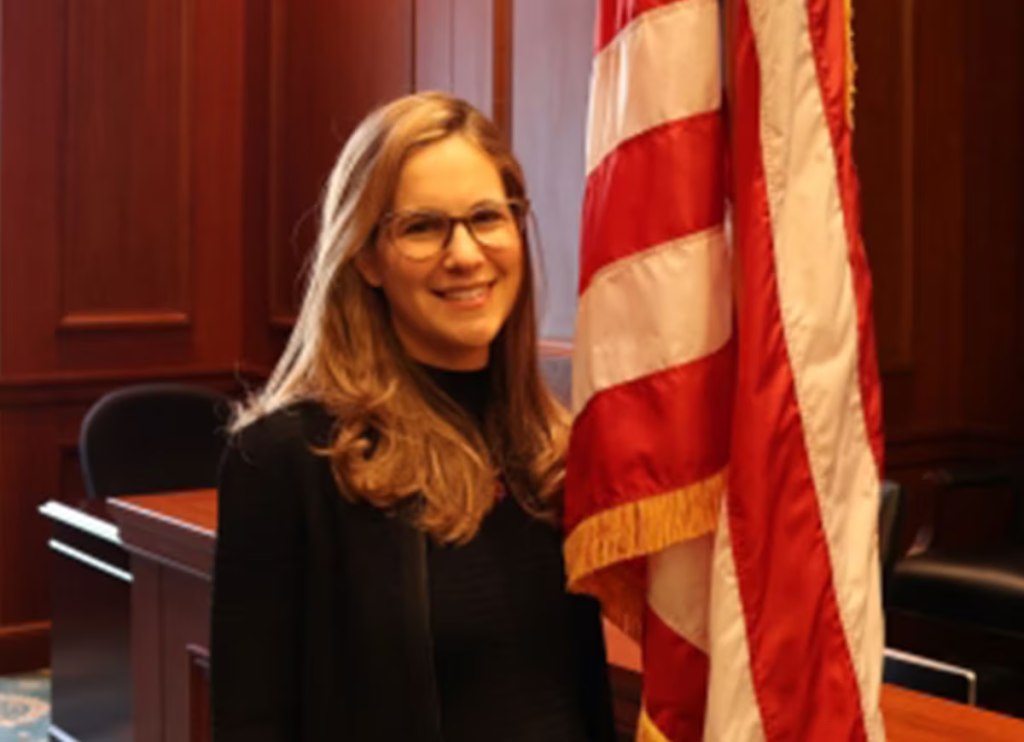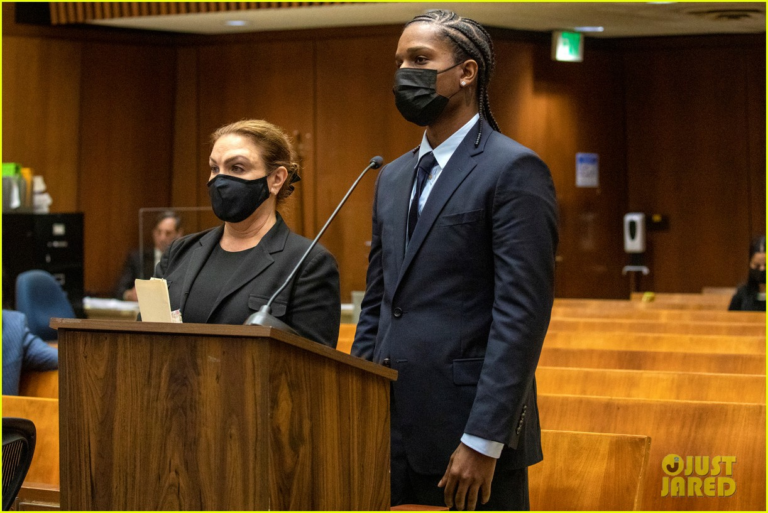In a dramatic turn of events reminiscent of the Watergate-era “Saturday Night Massacre,” the U.S. Department of Justice (DOJ) has been thrust into turmoil following directives to dismiss corruption charges against New York City Mayor Eric Adams. This decision has led to the resignation of several high-ranking officials, highlighting concerns over potential political interference in the nation’s top law enforcement agency.
Background of the Case

Mayor Eric Adams was indicted in September 2024 on charges of bribery and campaign finance violations. The indictment alleged that Adams abused his position over nearly a decade, accepting illegal campaign contributions and personal benefits from foreign nationals, thereby compromising his integrity as an elected official.
The Directive and Subsequent Resignations
On February 10, 2025, the DOJ, under the leadership of Acting Deputy Attorney General Emil Bove, issued a directive to federal prosecutors to drop the charges against Mayor Adams. This order was met with immediate resistance within the department. Danielle Sassoon, the Acting U.S. Attorney for the Southern District of New York, resigned in protest, stating that dismissing the case lacked legal justification and would set a dangerous precedent.
Sassoon’s resignation was followed by those of Kevin Driscoll, the acting head of the DOJ’s Criminal Division, and John Keller, the acting head of the DOJ’s Public Integrity Section. These officials expressed deep concerns over what they perceived as political motivations behind the directive, fearing it undermined the department’s commitment to impartial justice.
Allegations of a ‘Quid Pro Quo’

In her resignation letter, Sassoon accused Mayor Adams’ legal team of proposing a “quid pro quo” arrangement. According to her account, Adams’ attorneys suggested that if the indictment were dismissed, the mayor would assist the White House with its immigration enforcement priorities. This allegation has intensified scrutiny of the relationship between the DOJ and the Adams administration.
Political Reactions and Implications
The controversy has elicited strong reactions from political figures. New York Governor Kathy Hochul has not ruled out the possibility of removing Mayor Adams from office, stating that she is consulting with other governmental leaders before making a decision. Lieutenant Governor Antonio Delgado has called for Adams’ resignation, asserting that New York deserves a mayor accountable to its people rather than loyal to the president.
These developments have drawn comparisons to the 1973 “Saturday Night Massacre,” when President Richard Nixon’s dismissal of special prosecutor Archibald Cox led to the resignations of the Attorney General and Deputy Attorney General. The current situation underscores ongoing concerns about maintaining the independence of the Justice Department amid potential political pressures.
Conclusion
The resignations of top DOJ officials in response to the directive to drop charges against Mayor Eric Adams have sparked a significant debate about the integrity and independence of the nation’s justice system. As the situation unfolds, it remains to be seen how these events will impact public trust in the DOJ and the broader political landscape.





